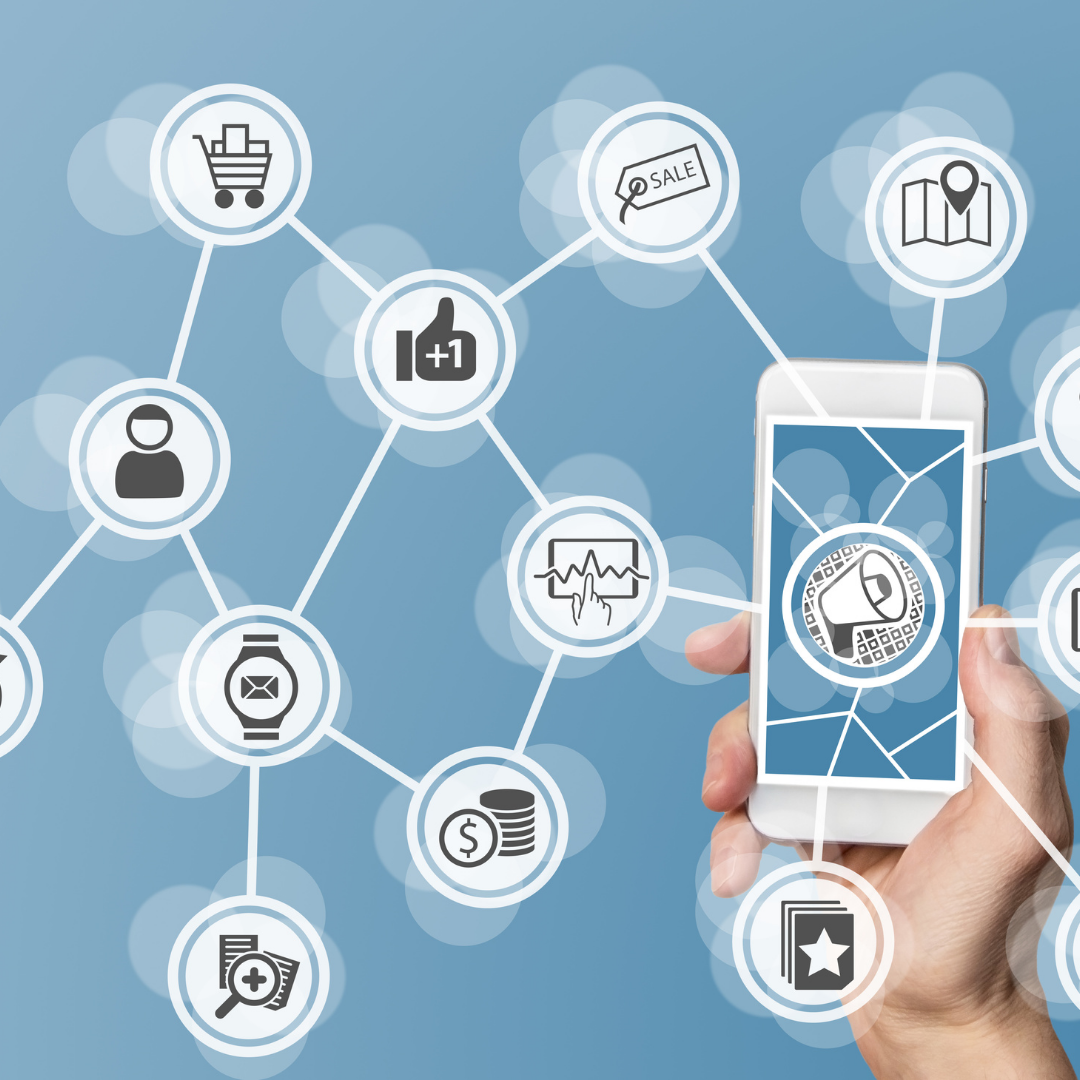As technology evolves, connectivity becomes a significant issue in all aspects of our professional and personal lives. Several countries across the globe have already implemented 5G, and it provides its users with faster download speed (from 200Mbps with 4G to up to 10Gbps with 5G).
However, this new technology doesn’t just speed up your internet to play at a top online casino in the UK or watch YouTube videos. The uses of 5G are multiple and promise a change in how we interact with the Internet of Things (IoT) and other users.
A Quick History of Wireless Networks
As its name indicates, 5G is the fifth generation of wireless network technology. The first-generation offered the possibility to make and receive audio calls. The second generation added the option to send text messages and improved the audio quality.
However, the real revolution was 3G, which added the possibility to use your mobile device to access the internet. 4G improved upon all of the features previously offered with a faster network. Now 5G promises to provide more than a network for your mobile phone, and for many, it’ll kickstart the development of “Smart Cities” where everything will be connected.
The Impact of 5G on Education
5G changes education with new tools for teachers to interact with their students and collaborators. The increase of bandwidth allows people to send each other larger files faster or to stream a presentation with reduced lag. In some sectors, like lab work, 5G facilitates the use of virtual reality (VR) to provide students with an immersive classroom where it’s possible to visualise concepts in an interactive fashion.
Process Optimisation
With such a robust network, companies and public services will be able to optimise several aspects of our society. In medicine, remote operations will be more precise and less risky. Construction work will become more efficient by optimising the resources and reducing the risk of accidents. On the road, autonomous vehicles will be possible and allow cities to manage traffic better, thus significantly reducing traffic jams and accidents. This could even improve the work of rescue services.
5G Potential Mishaps
All of these aspects will significantly improve our daily lives, but 5G raises some concerns like all new technologies. First, there’s the fact that devices have to be 5G-ready, meaning many appliances are already obsolete, and these devices will cost more resulting in the technological exclusion of some people at first. Secondly, to function correctly, the network needs to be implemented, which will cost millions to governments and companies.
Moreover, the legal aspect of data handling is still being discussed in some countries, with ethical standards at the heart of the debate and the respect of users’ privacy in such a connected environment.


